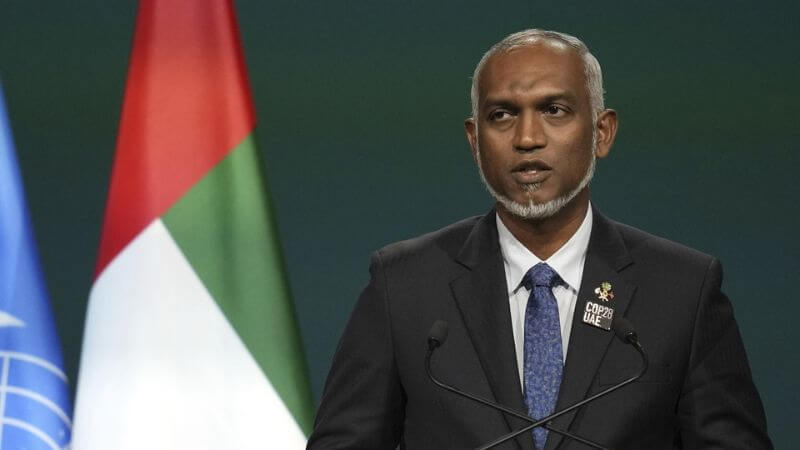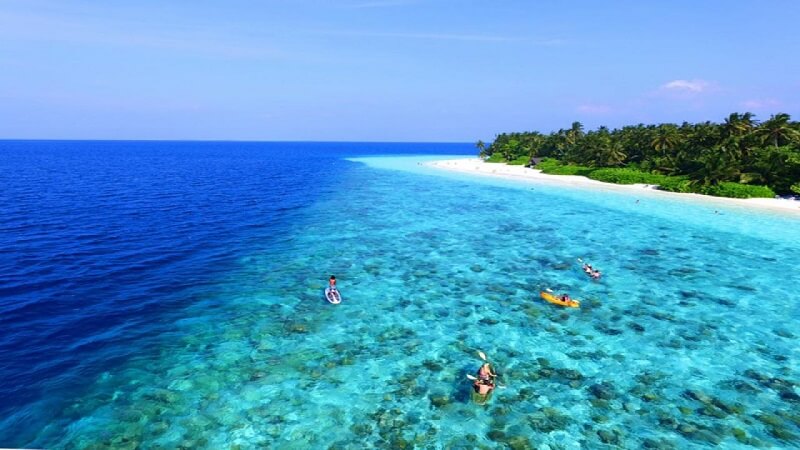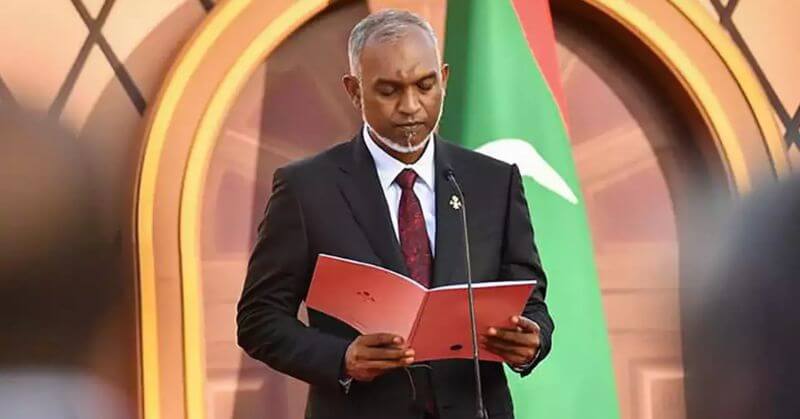President Muizzu requests India withdraw its military by March 15, escalating a two-month standoff in the Maldives. This intensifies an ongoing standoff, heightening tensions between the Maldives and India. The strained relations reach a critical juncture, reshaping their historical ties. Muizzu’s urgent plea underscores the gravity of this diplomatic discord, demanding global attention.
Escalating Demand For Troop Withdrawal In Maldives

President Muizzu’s call for the withdrawal of Indian military personnel from the Maldives underscores the gravity of the situation, signaling a firm stance on national sovereignty. The formal request, issued through official channels, emphasizes the need for a timely resolution to the brewing diplomatic discord, raising questions about the implications for the Maldives’ autonomy.
The Maldivian President’s assertion that “Indian military personnel cannot stay in the Maldives” reflects the administration’s unwavering policy, adding a layer of urgency to the call for withdrawal. This demand places India-Maldives relations at a crossroads, requiring delicate diplomatic maneuvering.
Numerical Overview Of Indian Military Presence In Maldives
As of the latest government figures, there are currently 88 Indian military personnel stationed in the Maldives. The number of 88 Indian military personnel sheds light on the diplomatic challenge’s scale.
It underscores India’s tangible presence, a focal point in the ongoing Maldivian dispute. Examining socio-political and economic repercussions becomes crucial if withdrawal occurs.
Diplomatic Negotiations And High-Level Core Group
In response to the escalating tensions, both nations have established a high-level core group to negotiate the withdrawal of troops. The group’s inaugural meeting at the Foreign Ministry Headquarters in Male included Indian High Commissioner Munu Mahawar.
The diplomatic negotiations unfolding in the Maldives reflect the commitment of both nations to resolving the issue through dialogue. The involvement of the high-level core group signifies a diplomatic channel that holds promise for a peaceful resolution, providing hope for a de-escalation of tensions.
Geopolitical Shifts And Regional Dynamics In Maldives

Muizzu’s presidency, marked by pro-China sentiments, introduced regional geopolitical shifts. The geopolitical implications of this shift resonate not only in bilateral relations but also in the broader regional context.
The Maldivian government’s move towards China aligns with President Muizzu’s vision of reducing dependency on India. The regional dynamics, now in flux, prompt a reevaluation of alliances and strategic partnerships, posing challenges for the existing geopolitical order in the Maldives and beyond.
China’s Influence And Muizzu’s Assertive Stance
President Muizzu’s recent state visit to China complicates the diplomatic landscape. His pledge to reduce dependency on India and align closer to Beijing signals a recalibration of alliances.
Muizzu’s assertive stance against external influence and reviewing over 100 bilateral agreements further characterize the evolving dynamics in the Maldives’ foreign policy. The Maldives’ strategic realignment under Muizzu’s leadership becomes evident as the nation seeks to diversify its international partnerships.
The diplomatic row between the Maldives and India, culminating in the urgent call for troop withdrawal, poses challenges to regional stability. As the March 15 deadline looms, the international community watches closely, mindful of the potential repercussions. President Muizzu’s strategic realignment and assertive foreign policy decisions underscore the shifting dynamics in this crucial geopolitical theater. The Maldives stands at a crossroads, navigating through geopolitical complexities that will shape its future relations on the international stage.
Follow Us: Facebook | Instagram | Twitter |
Youtube | Pinterest | Google News |
Entertales is on YouTube; click here to subscribe for the latest videos and updates.














